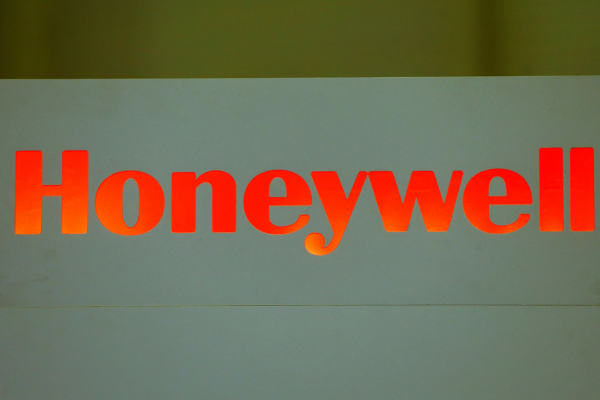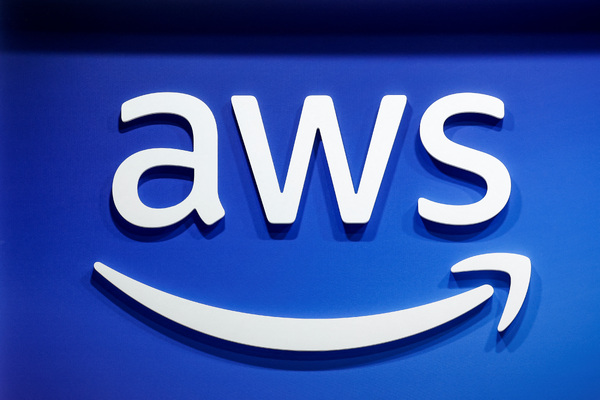Tech up or shut down: the ultimate marketing survival guide
Sponsored by AcxiomEvolving your martech is no longer optional – adapt now or risk falling behind in a future that’s already here

In the fast-paced world of marketing, it seems like there’s always a new “game-changer” on the horizon. AI-driven personalisation, cloud-based solutions and martech tools frequently emerge, each promising to revolutionise your business overnight.
However, while the industry buzzes with the latest trends, the true future of marketing lies with those who recognise that digital transformation isn’t about adopting every shiny new tool. It’s about martech modernisation – a strategic reengineering of how businesses operate to drive deep customer insights, create meaningful connections, foster brand advocacy and achieve sustained growth.
The martech strategy blind spot
Surprisingly, 21 per cent of companies we surveyed across the US and UK lack a coherent martech strategy. That’s one in five brands purchasing tools, plugging them in and hoping for better business outcomes.
Without a cohesive approach, martech tools don’t communicate, data gets siloed and workflows become tangled. This disjointed setup isn’t just inconvenient – it’s expensive. Our research shows over half (66 per cent) of companies face overlapping functionalities in their martech, with 53 per cent reporting that these inefficiencies directly undermine their marketing goals.
The good news is businesses can turn this trend around. The key is building a blueprint where every piece of technology works in harmony. And companies don’t have to go it alone. A martech services provider can help design a system that’s efficient, connected, and ready for digital transformation. Here’s how:
- The services partner starts by analysing existing tools, identifying redundancies and determining whether technologies are working together or in isolation. This audit ensures that the tech stack aligns with marketing objectives and identifies strategies to close any gaps.
- The next step involves eliminating tools that add complexity without value and ensuring the remaining technologies are seamlessly integrated. This is crucial for enabling smooth data flow across platforms, leading to sharper insights, more personalised experiences and streamlined operations. It also generates cost savings.
- But it doesn’t stop there. A services partner can then help design a dynamic, long-term strategy that evolves with the business. As new technologies emerge and the company grows, the tech stack remains aligned with business goals. The design is dynamic.
Martech modernisation is the engine that drives digital transformation. An integrated tech stack transforms a brand from reactive to proactive, fragmented to seamless and outdated to ready for the future.
Martech 2.0: embracing a composable approach
The era of monolithic martech suites is fading, giving way to a more flexible, composable approach. This shift reflects a broader strategic evolution. Less than half (37 per cent) of organisations working with martech service providers believe a single, integrated marketing suite is the best solution, compared with 53 per cent of those who haven’t partnered with such providers. This trend indicates a growing preference for agility and adaptability.
Brands are moving beyond one-size-fits-all solutions. They now seek the ability to tailor their tech stacks to address specific challenges and achieve precise marketing objectives. While industry applications and platforms are often grouped together, each has unique strengths, and understanding these nuances is crucial. This insight and the flexibility to integrate the right platforms into a dynamic martech design is critical. It enables sharper targeting, seamless data flow and, ultimately, truly personalised customer experiences. The conversation is evolving from “What tools do we need?” to “How do we strategically orchestrate these tools to achieve our goals?”
AI: the hype is real, but data and tech could be holding you back
AI is undeniably the star of marketing today, promising everything from predictive analytics to personalised customer journeys. However, AI’s effectiveness is only as good as the data and technology foundation upon which it’s built.
Over half (53 per cent) of marketing and IT leaders in the US and UK report that outdated martech is significantly hampering their operations. These legacy systems often trap data in silos, leaving AI blind to real-time insights and forcing it to make uninformed guesses.
Integration issues compound the problem. AI tools lose their impact if they can’t seamlessly connect with existing systems. Outdated martech leaves even advanced AI spinning its wheels, unable to access the data and capabilities needed to perform effectively.
An aging tech stack can also lead to inconsistent, gap-riddled data. Poor data quality leads to subpar AI performance, no matter how sophisticated the tools. Scalability is yet another critical factor. AI requires the ability to process vast amounts of data at high speed, but older tech stacks may struggle to keep up, leaving businesses falling behind competitors.
Before diving into AI, it’s essential to get the basics right: start with clean, well-managed, ethical and accurate data as your foundation. And don’t let outdated martech hold you back – because if your tech is stuck in the past, your AI will be too.
The path forward: thoughtful digital transformation
So where does this leave us? As we look to the future, the brands that will thrive are those making strategic decisions. In a world obsessed with speed, true innovation may involve hitting pause to choose the right technology design, rather than rushing to adopt the newest tool.
As the buzzwords continue to fly, remember: real power lies not in chasing trends but in making thoughtful decisions, focusing on the long game, and developing a strategy that enables continuous evolution.
Discover how today’s leading brands are navigating this transformation, and the challenges they face, by exploring our report, The Mass Martech Modernization.
By Tate Olinghouse, Chief Client Officer, Acxiom

Business Reporter Team
Most Viewed
Winston House, 3rd Floor, Units 306-309, 2-4 Dollis Park, London, N3 1HF
23-29 Hendon Lane, London, N3 1RT
020 8349 4363
© 2025, Lyonsdown Limited. Business Reporter® is a registered trademark of Lyonsdown Ltd. VAT registration number: 830519543





